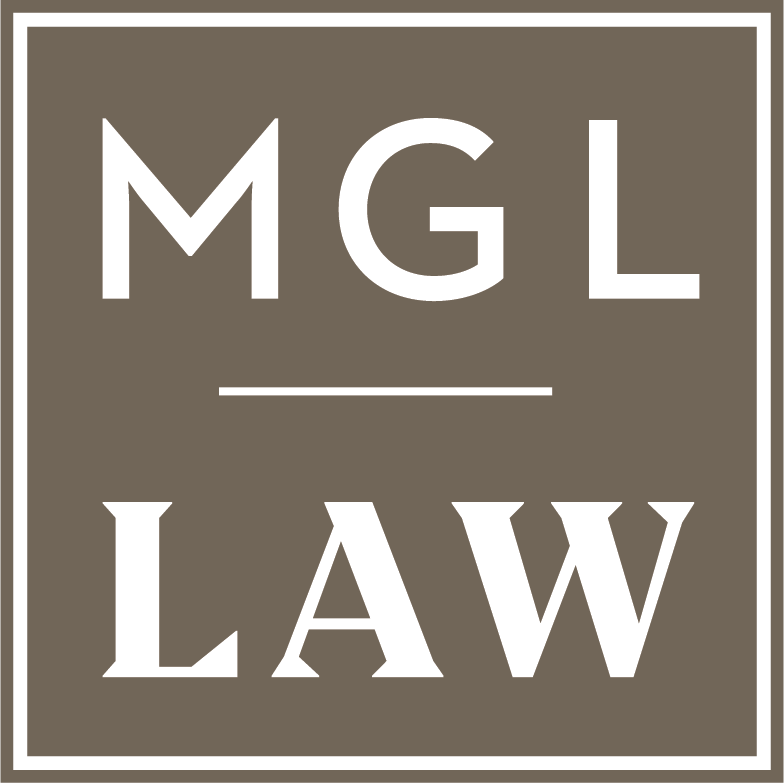Areas of Practice
-
Contract Disputes: These are one of the most common types of business litigation. They involve disagreements between parties regarding the terms, performance, or interpretation of a contract. Contract disputes can arise from breaches of contract, failure to fulfill contractual obligations, or disputes over the validity of contractual terms.
Intellectual Property (IP) Litigation: This type of litigation involves disputes over intellectual property rights such as patents, trademarks, copyrights, and trade secrets. Intellectual property litigation may include claims of infringement, misappropriation, or unauthorized use of intellectual property assets.
Employment Litigation: Employment-related disputes are another common area of business litigation. These disputes may include claims of discrimination, harassment, wrongful termination, breach of employment contracts, wage and hour violations, or disputes over non-compete agreements.
Business Tort Litigation: Business torts refer to civil wrongs committed against businesses that cause financial harm. Examples include fraud, interference with contractual relations, defamation, unfair competition, and tortious interference with business relationships.
Corporate Litigation: Corporate litigation involves disputes among shareholders, directors, officers, or other stakeholders within a corporation. These disputes may include allegations of breaches of fiduciary duty, corporate governance issues, shareholder derivative actions, or disputes over mergers and acquisitions.
Real Estate Litigation: Real estate disputes arise in the context of property transactions, leases, development projects, and property ownership. These disputes may involve issues such as breach of lease agreements, boundary disputes, zoning conflicts, landlord-tenant disputes, or construction defects.
-
Car Accidents: Car accidents are one of the most common causes of personal injury claims. These cases involve injuries sustained by drivers, passengers, pedestrians, or cyclists due to the negligence of another driver, such as speeding, drunk driving, or distracted driving.
Slip and Fall Accidents: Slip and fall accidents occur when someone slips, trips, or falls on someone else's property due to hazardous conditions like wet floors, uneven surfaces, or poor lighting. Property owners may be held liable for injuries if they failed to maintain safe premises or warn visitors of potential dangers.
Medical Malpractice: Medical malpractice cases arise when healthcare professionals, such as doctors, nurses, or hospitals, fail to provide an appropriate standard of care, resulting in injury or harm to the patient. Examples include surgical errors, misdiagnosis, medication mistakes, or birth injuries.
Product Liability: Product liability cases involve injuries caused by defective or dangerous products. Manufacturers, distributors, or sellers can be held liable for injuries resulting from design defects, manufacturing defects, or inadequate warnings or instructions.
Dog Bites: Dog bite cases occur when individuals are bitten or attacked by someone else's dog. In many jurisdictions, dog owners can be held strictly liable for injuries caused by their pets, regardless of the animal's past behavior or the owner's knowledge of its aggressive tendencies.
Workplace Accidents: Workplace accidents involve injuries sustained while on the job. Employees who are injured in the workplace may be entitled to workers' compensation benefits, which provide coverage for medical expenses, lost wages, and disability benefits. In some cases, injured workers may also pursue personal injury claims against third parties, such as contractors or manufacturers, whose negligence contributed to the accident.
-
Divorce and Dissolution of Marriage: This area of family law deals with the termination of marital relationships. It includes issues such as asset division, spousal support (alimony), child custody, and child support.
Child Custody and Visitation: Child custody determines the legal and physical guardianship of a child. This includes decisions about where the child will live, who will make important decisions for the child, and visitation rights for non-custodial parents or other family members.
Child Support: Child support laws ensure that both parents contribute financially to the upbringing of their children, even if they are not living together. The amount of child support is often determined based on various factors, including each parent's income and the needs of the child.
Adoption: Adoption laws govern the legal process by which an individual or couple becomes the legal parent(s) of a child who is not their biological offspring. This process involves terminating the parental rights of the child's biological parents (if applicable) and granting legal rights and responsibilities to the adoptive parents.
Domestic Violence and Restraining Orders: Family law includes provisions to protect individuals from domestic abuse and violence. This may involve obtaining restraining orders or protective orders to prevent further harm from an abusive family member or intimate partner.
Paternity: Paternity law addresses the legal relationship between a father and his biological child. It may involve establishing paternity through genetic testing, determining parental rights and responsibilities, and addressing issues related to child support and custody.
High Stake Wins
-

v. WAL-MART, INC.
Lead counsel for a certified settlement class in Kansas and Missouri against Wal-Mart, Inc., et al., arising out of wage and hour disputes on behalf of all former and current employees. The settlement in these cases exceeded $100 million.
-

v. BP/AMOCO
Co-Lead counsel for a certified class of royalty owners in a jury trial against BP/AMOCO for underpaying oil and gas royalties over a twelve-year period. The jury returned a verdict for the class resulting in a judgment in excess of $40 million.
-

THE NFL
Lead trial counsel for the former owner of the Denver Broncos in a jury trial before a Denver Federal Jury, seeking a 10% ownership interest in the team as a result of the breach of a right of first refusal in a Sale Contract. Although Mr. Long’s client prevailed in the jury trial and obtained an award of specific performance, the case was reversed on appeal. Kaiser v. Bowlen, 181 F. Supp. 2d 1200, (Colo2002), appeal, 455 F.3d 1197 (Colo. 2007).
-

v.
